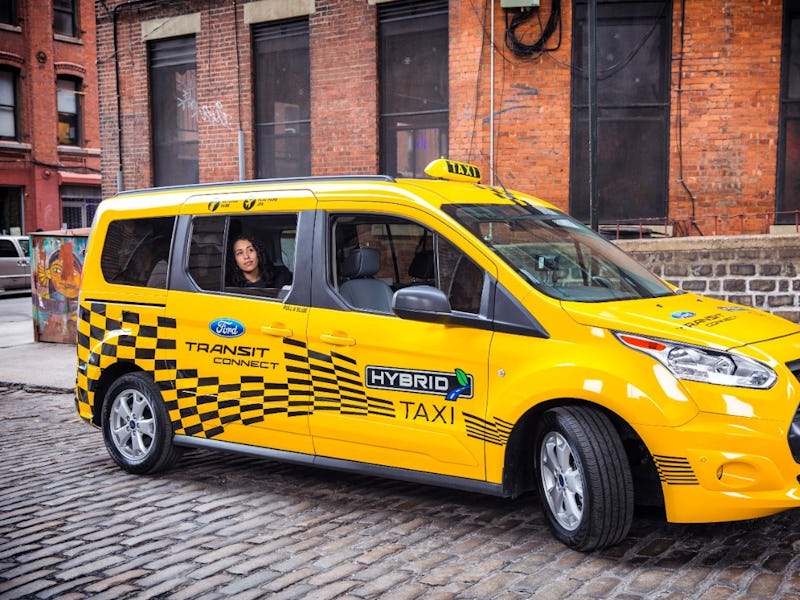Ford has taken the wraps off its electric vehicle future, and it wants to revolutionize the way we charge our cars. With a big push into electric cars over the next five years, Ford wants to build wireless charging into cars shipping in the U.S. and Europe, where powering up would be as easy as pulling into a parking space.
It’s a bold move, and one that could give Tesla a run for its money. Currently, the big name in Tesla wireless charging is Evatran, whose Plugless wireless charging aftermarket solution started shipping in August. For $4,120, customers receive an aftermarket add-on and charging pad, so when a user drives over the pad the car will begin charging:
Wireless chargers have seen limited use in smartphones, where placing it down on a special pad charges up the battery through an induction loop. Much like the phone, the appeal is that users don’t have to fiddle about with a cable or need to remember to charge their phone.
In Ford’s implementation, users will be able to book special parking spots through its FordPass app. Currently used for managing vehicles and syncing data, the app will allow drivers to book time in a parking spot and ensure they’ll be able to recharge at the most convenient time.
The technology has seen limited use in commercially available vehicles, but holds big potential. Researchers are exploring dynamic wireless charging on roadways. In the future, Ford’s cars could use special recharging lanes to top up their car’s battery on the move.
Similarly, in South Korea, wireless chargers have been developed that power the city of Gumi’s electric buses. It’s an ideal solution as it means the bus can continue on its route without needing to stop over to charge.
There are some pitfalls with this idea. Wireless charging isn’t as fast as regular charging, for example. Plugless can charge a Tesla at a rate of 7.2kW, so users can get a minimum of 20 miles of driving with every hour of charge. Tesla’s wall charger, according to the company website, will charge up at a rate of 52 miles per hour, significantly faster than the wireless charger.
We don’t know how fast the Ford wireless charger will be, but it has the potential to beat Tesla as an integrated solution that requires no third party aftermarket parts. As the electric vehicle industry expands, new consumers may pick Ford over Tesla for convenience features like these. Elon Musk, your turn.
Update 1/4: An earlier version of this story listed the Plugless as priced at $2,440. This was a promotional launch price: the standard price is $4,120.
